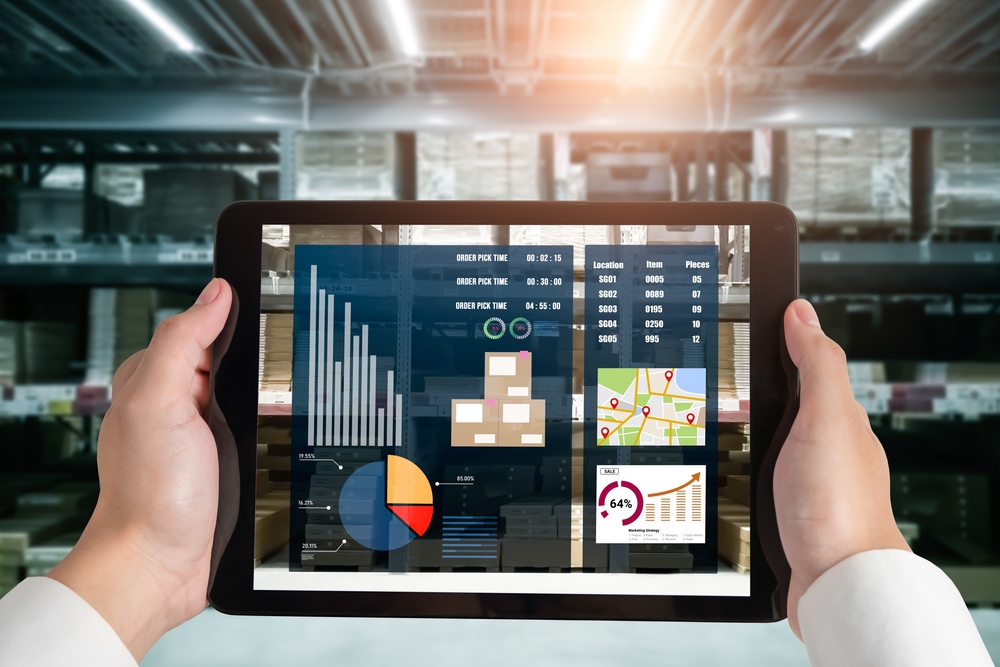Best Retail Management Software
Find the best retail management software for your business needs, with features like inventory management, sales tracking, and customer relationship management to help you boost efficiency and maximize profits.
In an era where retail competition is fierce, and consumer expectations are higher than ever, streamlining business operations through technology has become a necessity for survival and growth. Retail management software is the cornerstone of this technological revolution, ensuring that retailers can optimize their operations, provide exceptional customer service, and increase sales. This comprehensive guide will explore the world of retail management software, examining its various types, top solutions available in the market, key features to look for, and cost considerations. Additionally, we will highlight the importance of "Free Trial" and "Free Demo" offers that allow retailers to test software solutions before fully committing.

What is Retail CRM?
Retail Customer Relationship Management (CRM) is a technology-driven strategy for managing a company’s interactions with current and potential customers. It leverages data analysis about customers' history with a company to improve business relationships, specifically focusing on customer retention and ultimately driving sales growth. A retail CRM system compiles information from a range of different communication channels, including a company's website, telephone, email, live chat, marketing materials, and social media. Through the CRM, businesses learn more about their target audiences and how to best cater to their needs, ensuring that customer service is at the heart of the business strategy.
Types of Retail Management Software
Retail management software can be broadly categorized into the following types:
- Point of Sale (POS) Systems: POS systems are the modern-day cash registers. They process sales transactions, manage inventory, and can record customer purchase history.
- Inventory Management Software: This software helps retailers track stock levels, manage orders, and predict inventory needs.
- Customer Relationship Management (CRM) Software: As discussed, CRM systems help manage customer data, track interactions, and personalize customer engagement.
- Employee Management Software: These systems manage scheduling, time tracking, and employee performance.
- E-commerce Platforms: For retailers selling online, e-commerce platforms manage website operations, online sales, and integrate with other retail systems.
- Analytics and Reporting Tools: These tools provide valuable insights into sales data, customer preferences, and operational efficiency.
- Omnichannel Management Software: These systems provide a cohesive experience across all retail channels – from brick-and-mortar to online stores.
Top 5 Retail Management Software
The market is replete with retail management software options, each with its unique set of features and benefits. Some of the top retail management software solutions include:
- Lightspeed Retail: Known for its robust POS and inventory management capabilities, Lightspeed Retail is a popular choice among retailers.
- Shopify: A leader in e-commerce platforms, Shopify offers a comprehensive solution for online retailers, including website management and POS integration.
- Square: Renowned for its POS system, Square is ideal for small businesses looking for an intuitive and cost-effective solution.
- Oracle NetSuite: A comprehensive business management suite ideal for medium to large retailers that require advanced inventory, CRM, and e-commerce functions.
- Microsoft Dynamics 365 for Retail: Microsoft's offering is an enterprise-level retail management system that integrates with other Microsoft products and offers extensive customization.
Features
When selecting retail management software, consider the following essential features:
- Sales Processing and POS: The ability to process transactions quickly and efficiently is crucial for any retail business.
- Inventory Management: Good software will help maintain optimal stock levels, reduce shrinkage, and automate ordering.
- Customer Management: Features that allow you to track customer interactions, preferences, and purchase history can personalize the shopping experience.
- Employee Management: Tools for scheduling, payroll, and performance tracking help in managing staff effectively.
- Analytics and Reporting: Real-time data and insights are invaluable for making informed business decisions.
- Integration Capabilities: The software should integrate seamlessly with other business systems, such as accounting software or e-commerce platforms.
- Mobility: The ability to access the system from mobile devices is increasingly important in today’s market.
Costs
The cost of retail management software varies widely depending on the functionality, scalability, and deployment model. Small businesses may find cost-effective cloud-based solutions with monthly subscriptions, while larger enterprises might need to invest in comprehensive systems with higher upfront costs. It is important to consider not only the initial purchase price but also ongoing costs for support, updates, and additional features.
One way to assess a software solution without a significant initial investment is to take advantage of "Free Trial" or "Free Demo" offers. These opportunities allow you to explore the interface, test the features, and determine how well the software fits with your business processes before making a financial commitment.
The right retail management software can transform your business operations, providing the tools you need to manage sales, inventory, customers, and employees more effectively. When choosing the best solution for your business, consider the types of software available, top options in the market, critical features, and cost implications. Remember to utilize "Free Trial" and "Free Demo" offers to ensure the software meets your specific needs. By investing in a robust retail management system, you can streamline operations, enhance customer relationships, and position your business for success in the competitive retail landscape.











